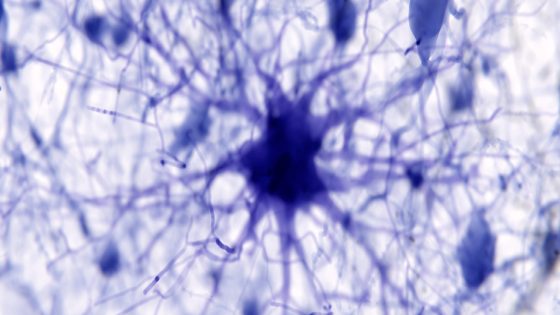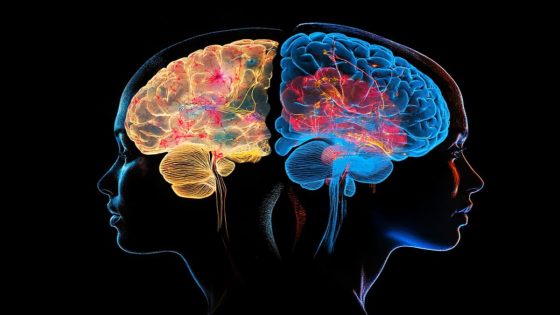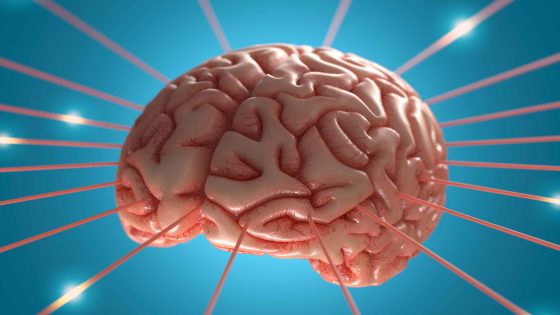Recent advancements in Alzheimer’s research highlight the potential of artificial intelligence in uncovering new treatment pathways. AI modeling has played a significant role in a groundbreaking study by researchers at the University of California, San Diego, published on 2025-05-16 17:01:00.
- AI aids Alzheimer's research and modeling
- PHGDH gene linked to Alzheimer's progression
- NCT-503 molecule inhibits PHGDH gene-switching
- Treatment shows promise in mouse models
- New drug could cross blood-brain barrier
- Limited current treatment options for Alzheimer's
This study reveals that the PHGDH gene, previously associated with Alzheimer’s progression, may also contribute to the disease’s onset. Understanding this dual role is crucial in tackling the complexities of Alzheimer’s and developing effective therapies.
As researchers delve deeper into the mechanisms of Alzheimer’s, questions arise about how we can effectively combat this debilitating disease. The study suggests that inhibiting PHGDH could be a promising strategy. Consider these recommendations:
- Stay informed about new Alzheimer’s research and treatments.
- Engage in cognitive exercises to promote brain health.
- Maintain a balanced diet rich in antioxidants.
- Consult healthcare professionals for personalized advice.
As we continue to explore the intricacies of Alzheimer’s disease, each study brings US closer to innovative solutions. Staying proactive about brain health and supporting ongoing research can help pave the way for future breakthroughs.

































